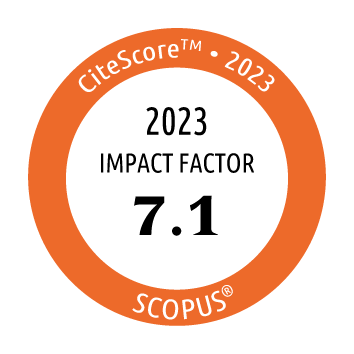| Return to Contents in this Issue | |||||||
Original Article |
|||||||
|
Serum Specific IgE: A Biomarker of Response to Allergen Immunotherapy |
|||||||
|
G Ciprandi,1 M Silvestri2 |
|||||||
|
1Medicine Department,
IRCCS-AOU San Martino, Genoa, Italy |
|||||||
|
J Investig Allergol Clin Immunol 2014; Vol. 24(1): 35-39 |
|||||||
|
|||||||
|
|
|||||||




